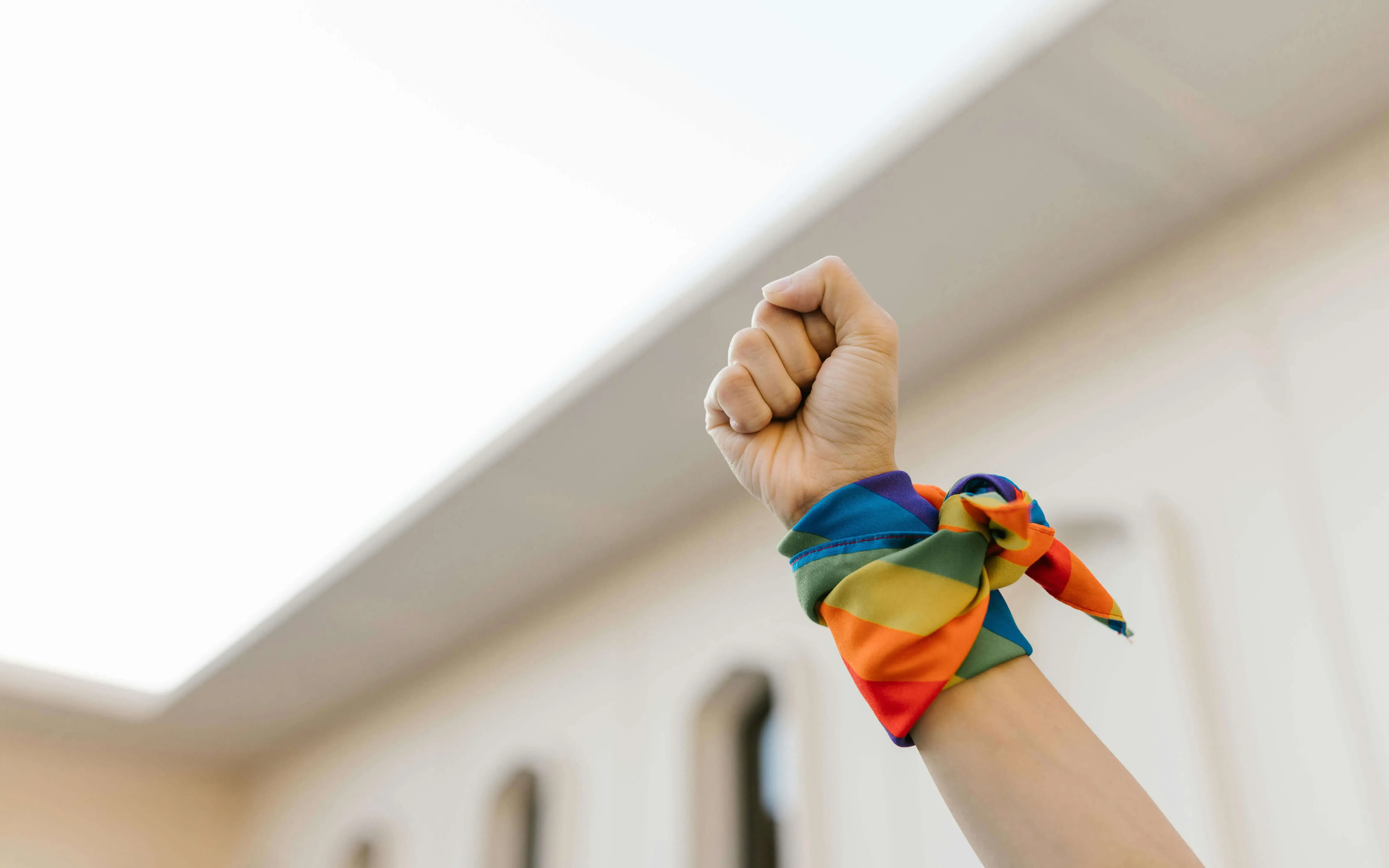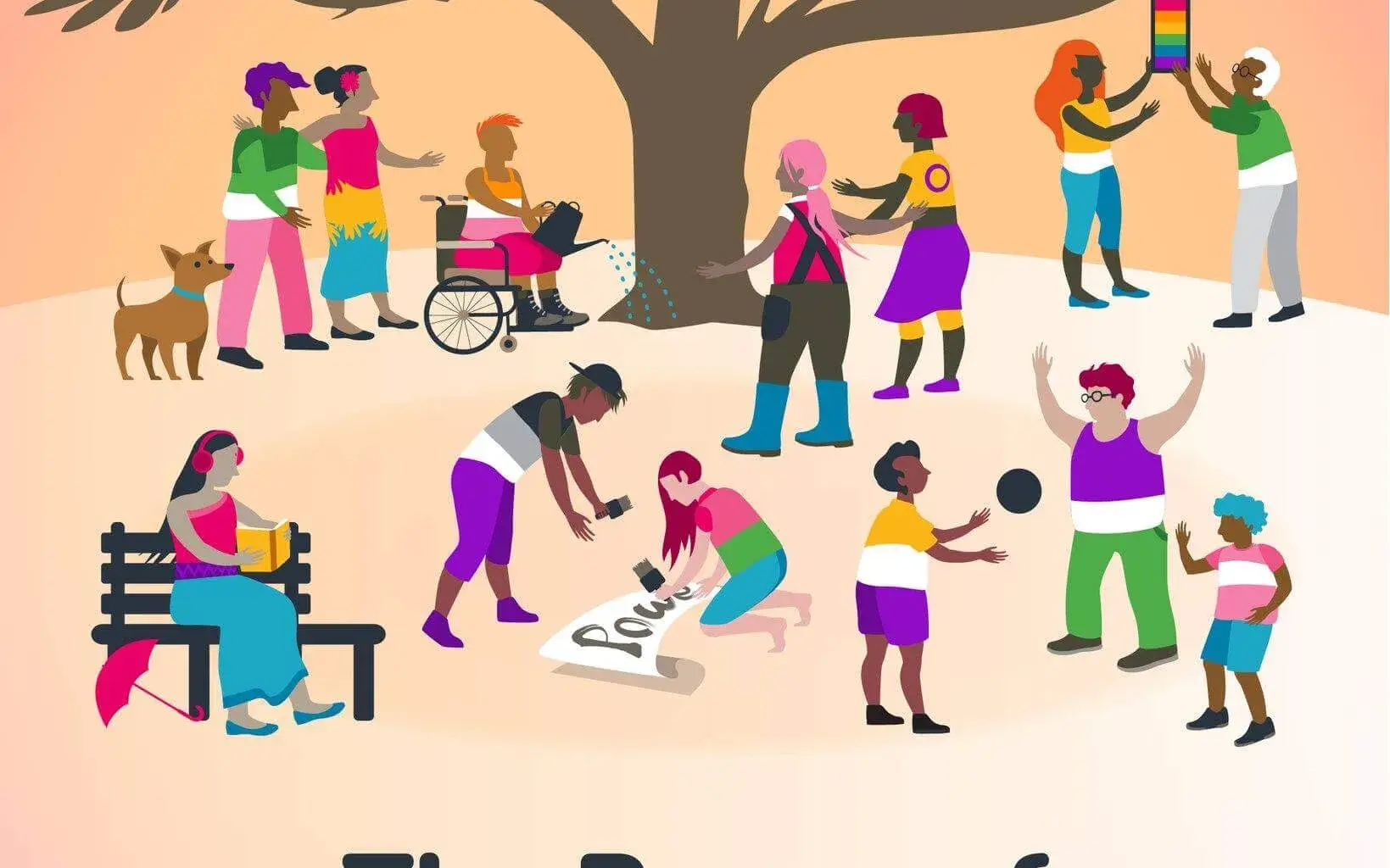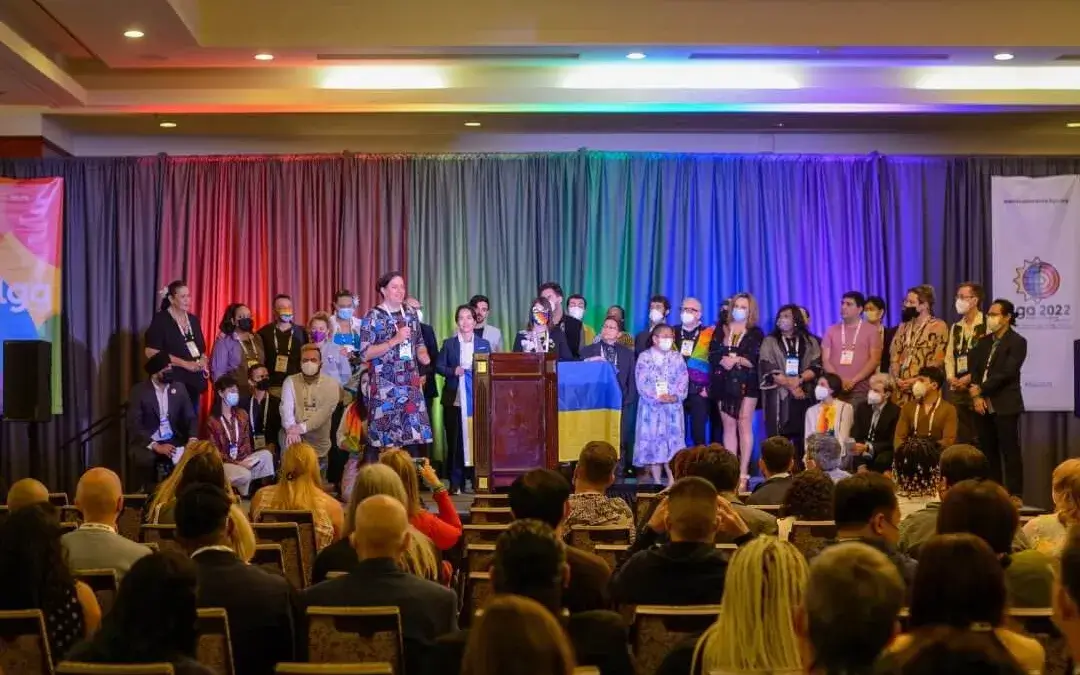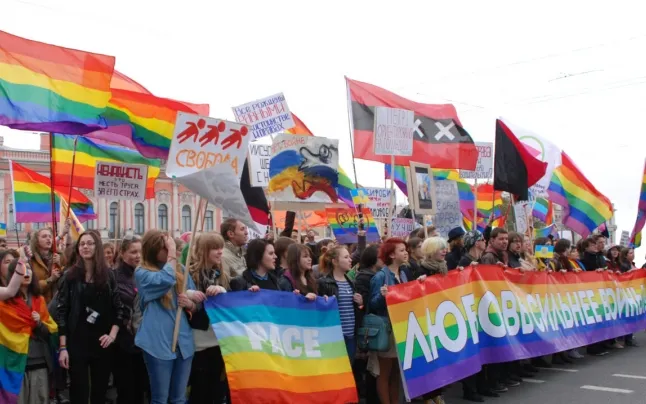This is the goal of the European project “Look Wide”, a research project to include a gender-based and sexually-diverse perspective in dealing with macho and gender-based violence.
The project was funded by the European Commission’s Rights, Equality and Citizenship Programme, to deal with the need to include a gender and sexual diversity approach to the work done by the different psychological, legal and professional advice services for macho violence. The project puts forward a wider perspective on violence and non-discrimination to fully guarantee the rights of LGBTI persons exposed to violence, and expanding on the diversity of cases of women living in situations of violence.
‘Look wide’ supports reviewing the work methodologies to find out the prevalence and features of the different forms of macho and gender-based violence that LGBTI persons are faced with, while identifying and detecting the existing prejudice when providing and offering help and support from different services.
According to Miriam Solà, one of the researchers participating in the project, “What is clear is that they share a common root cause; the hetero-patriarchal system, although they come through in many different expressions. We need a general reflexion on what the implications of this are for LGBTI policies and gender-based policies, and to share resources and have a much more critical reflexion on what this means.”
The project aims to widen the scope of violence in all its forms and step away from theory. For this to happen, a greater political commitment is required, as well as further resources for this new and wider perspective.
Diverse realities
European organizations that participated in the project during these two years are: Differenza Donna (Italy) Dissens (Germany), Hatter Society (Hungary) and KMOP (Greece),under the leadership of the Fundació Catalana Surt.
The very different legislative frameworks and social contexts are obvious. Just to give a few examples, while in Catalonia there has been a legislative and social progress, in Hungary the environment in which the work is done isn’t as friendly, and may even be hostile as Eszter Bálint from the Hatter Society says.
Regarding the development and the vision on the resources, the situation is also very different. Catalonia has resources to tackle macho violence, 109 different Information and Care Services for Women, and almost 70 comprehensive services. Gabriel Nox says that in Germany “we have tried looking at how we can provide better support to LGBTI persons by having people from this community offering support and to combine this with professional development”.
Greece, according to Nancy Papthanasiou, “is one of the most problematic cases in Europe when it comes to providing mental health services and for LGBTI persons”.
Sabrina Frasca, from Italy, explains that the “centres for women that were established in the 90s were established under the vision of feminism, with criticism directed at patriarchy, meaning that violence against women was considered a social problem and not an individual one. For the Italian feminist movement it isn’t easy to widen their perspective to other forms of discrimination at these centres”.







Add new comment